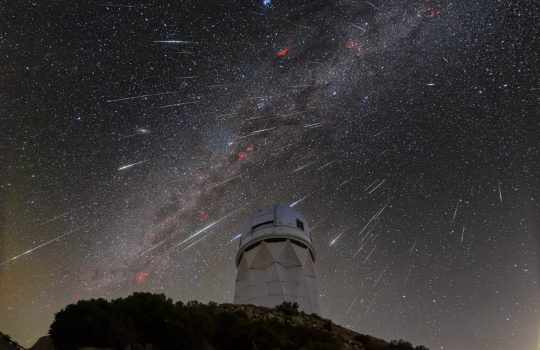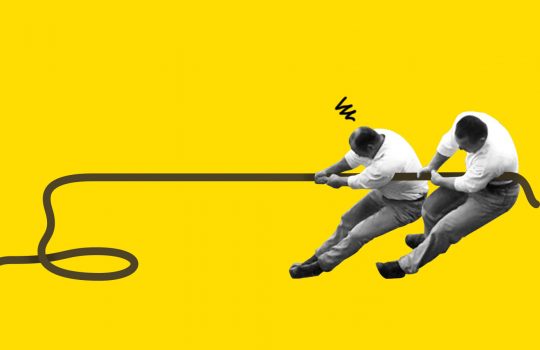New DESI results weigh in on gravity
Researchers used the Dark Energy Spectroscopic Instrument to map how nearly 6 million galaxies cluster across 11 billion years of cosmic history. Their observations line up with what Einstein’s theory of general relativity predicts.


